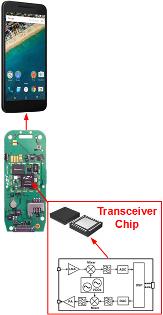Continuing technological progress involves the integration of voice, video, and internet connectivity functions into small low-power chips, making portable wireless devices increasingly prevalent in our lives to the point that many critical situations depend on reliable operation. Consequently, there is an increasing incentive to incorporate self-test and correction features for improved reliability of wireless devices, especially in applications in which life-saving information is transmitted and received. Even though new technologies allow the design of smaller chips with more functionality and higher performance, manufacturing process variability and post-production aging effects pose growing challenges for the design, testing, and reliability of single-chip mixed-signal systems that are realized with complementary metal-oxide-semiconductor (CMOS) technology. Our research efforts are concentrated on the development of more robust analog and mixed-signal circuits by devising built-in test and calibration methodologies that enable performance tuning. On the analog circuit level, rising parameter variability is a fundamental contributor to yield and reliability problems. Generally, our aim is to improve the on-chip measurement and self-calibration capabilities as well as the testability of single-chip systems to overcome variation problems. Progressive on-chip self-calibration of wireless devices will help to enhance their reliability and allow utilization of future CMOS technologies with smaller feature sizes despite of increased parameter variations.


